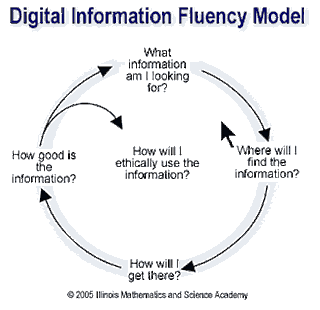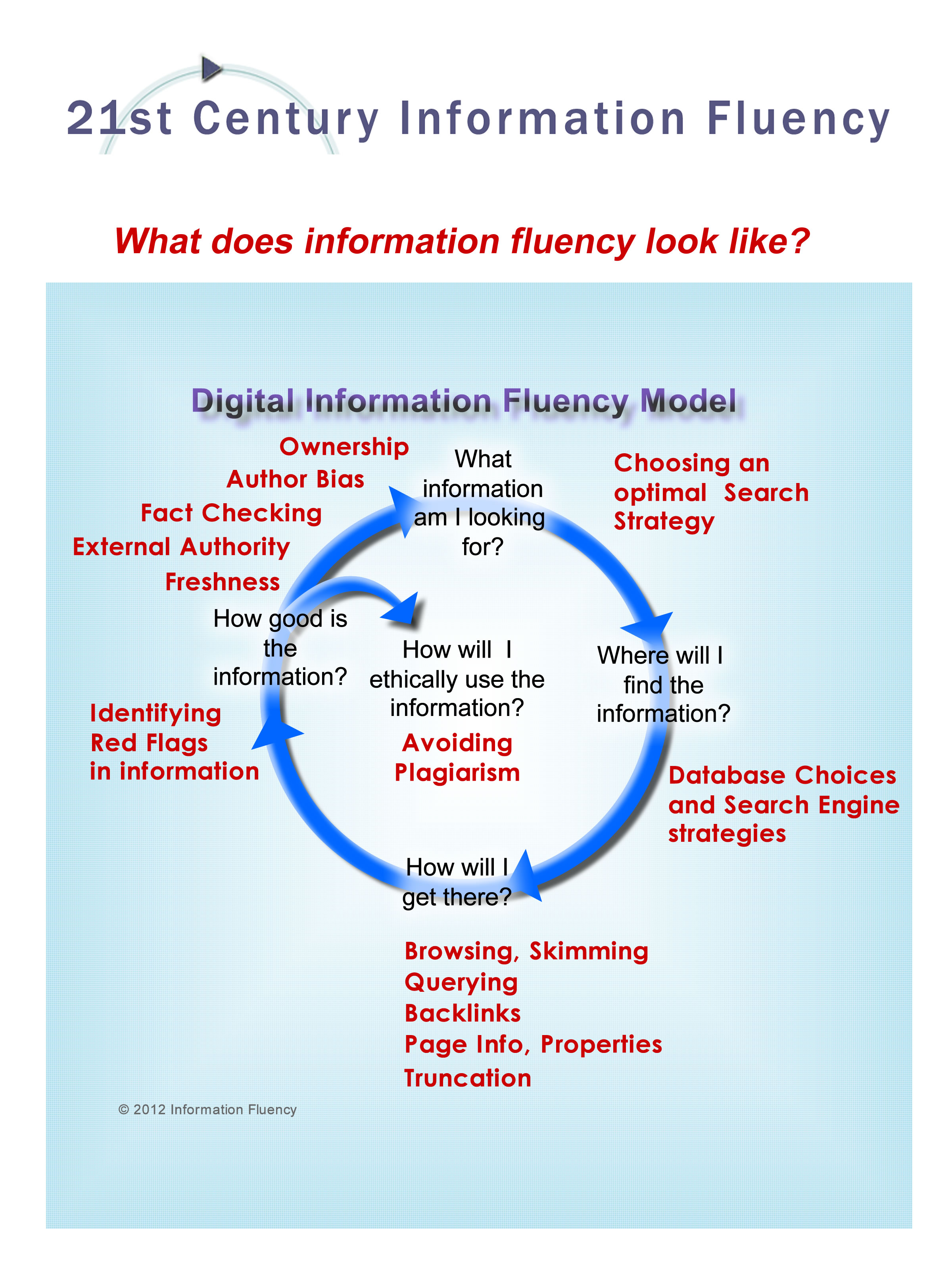Surfmark allows you to save all the effort you put in seeking knowledge from the Web, and turn it into something that you can keep for ever. When you combine these efforts with those of millions of other people, the impact can be so profound that it may just change the way we look at the Web.
Dennis T OConnor's insight:
I've spent a great deal of time searching the web. I've also dissected many of my searches as a way to teach the process of investigative search. Surfmark might just might be the tool I've been looking for.
Writing one bite at a time
-
[image: trails.jpg]
"Inca Trail, Day 3," taken by Doug Johnson, November 2006.
Sometime around the 1980s or 90s, Dr. Robert Boice—a psychologist,
prof...
2 days ago
























